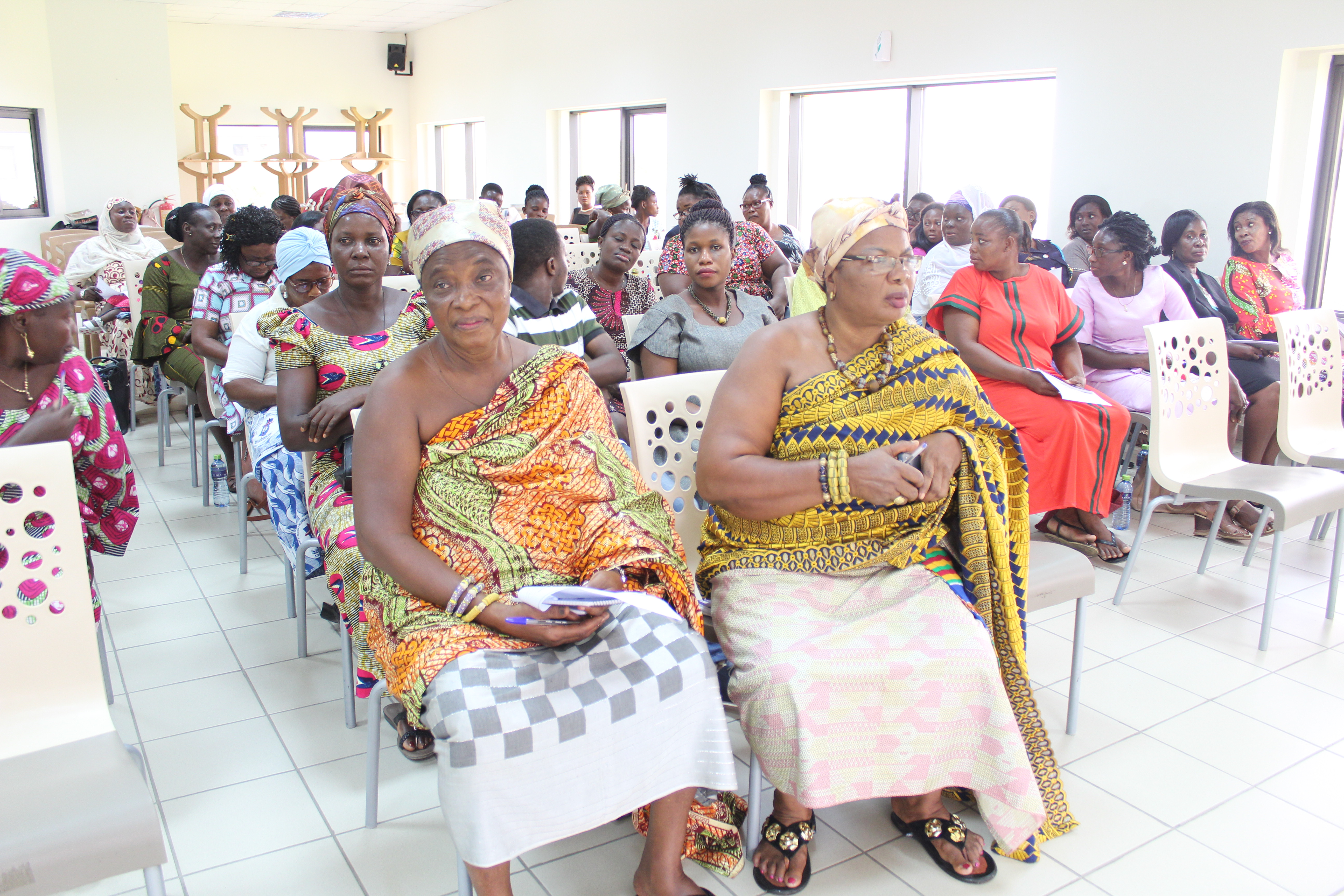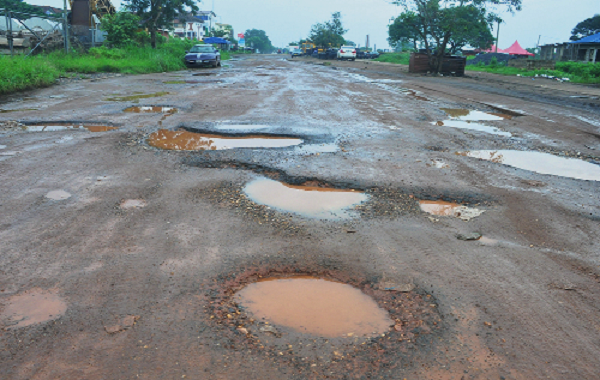70 Million Nigerians Without Access to Safe Water – Unicef

As the world commemorated World Water Day yesterday, the United Nations Children Fund (UNICEF), has stated that 70 million Nigerians are without access to safe water and over 110 million without access to improved sanitation.
It also added that Nigeria is currently not on-track with regard to its attainment of water and sanitation targets.
These were contained in a statement made available to LEADERSHIP yesterday by UNICEF Nigeria’s Media and External Relations officer, Geoffrey Njoku.
He said that worldwide in the case of sanitation, nearly 2.5 billion people still do not have adequate toilets and among them 1 billion defecate in the open.
“Some 2.3 billion people have gained access to improved sources of drinking water since 1990. As a result, the Millennium Development Goal target of halving the percentage of the global population without access was met in 2010. ”
According to the agency, the poor bear the greatest brunt of this lack of access to water and sanitation, saying, ” For women and girls, collecting water cuts into time they can spend caring for families and studying. In insecure areas, it also puts them at risk of violence and attack, part of the statement read.
estimates that in Africa alone, people spend 40 billion hours every year just walking to collect water. For children, lack of access to safe water can be tragic. On average, nearly 1,000 of them die globally every day from diarrhoeal diseases linked to unsafe drinking water, poor sanitation, or poor hygiene.”
This year’s theme on World Water Day, which falls on 22nd March, is “Water and Sustainable Development”.
This year’s theme highlights the importance of water to existence and emphasises the need to look at the holistic development of the water sector, reduce water wastage and prevent contamination of these increasingly scarce resources.
Chief, Water and Sanitation, UNICEF, Kannan Nadar, said that everyone, be it the government, the civil society, international development partners and the citizens, including children, have a critical role to play in ensuring that water is sustainably used and is available for generations to come.
“The theme aptly encapsulates the overarching role of water in our lives, be it for human consumption, food production, for health, for power generation, for industry and for the sustenance of nature as a whole, without which life would not exist.”
Source: allAfrica.com




